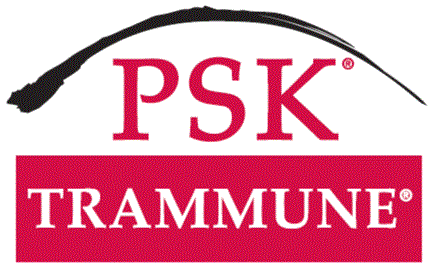Kawaratake or Yun Zhi – A Mushroom Herbal Tea with Profound Potential for Health Benefit

Trametes Versicolor is known as ‘Yunzhi’ or cloud mushroom in China and “Kawaratake” or mushroom by the river in Japan
A Herbal Tea used in Traditional Medicine to Reduce Dampness & Phlegm
In many cultures, certain mushroom species have been long recognised to have a profound potential for health-promoting benefits. In China, Korea and Japan, hot water extracts from these mushrooms have been used in traditional medicine.
Of all the commercially available mushrooms used for their medicinal properties, including Lentinus edodes (shitake mushroom), Trametes versicolor, Grifola frondosa (maitake), Pleurous ostreatus, Schizophyllum commune and Ganoderma lucidum (reishi), the one most thoroughly researched by scientists worldwide is Trametes versicolor (also known as Coriolus versicolor), commonly called “turkey tail mushroom” outside Asia. Trametes versicolor mushroom has a long history of medicinal usage, dating back at least two millennia. In China, Trametes versicolor is known as ‘Yunzhi’ (cloud mushroom) and in Japan, it is known as “Kawaratake” (mushroom by the river). The mushrooms are gathered in the wild, growing as dense and overlapping clusters of fruiting bodies on dead or living trees. The plush brownish mushroom caps have a velvety surface with a distinctive pattern of wavy bands of dark and light colour. Trametes versicolor is also found throughout Europe and North America’s cool wooded temperate regions.
Historically, Chinese and Japanese herbalists harvest the fruiting bodies of the mushrooms, which are then dried, ground to a powder and made into tea. This simple hot water decoction or tea prepared according to the traditional Chinese pharmacopoeias was used to ‘dispel dampness and reduce phlegm’ (meaning to deal with liquids and oils that are not adequately metabolised thus becoming toxic), to treat respiratory tract infection and support liver health.
In Japan, many health practitioners value the use the medicinal mushrooms to treat a variety of conditions.
References
- Lindequist U, Niedermeyer TH, Julich TH (2005). The pharmacological potential
of mushrooms. Evidence-based Complementary and Alternative Medicine 2 (3):
285-299. - Tsukagoshi S, Hashimoto Y, Fujii G, Kobayashi H, Nomoto K, Orita K. Krestin
(PSK). Cancer Treatment Reviews. 1984; 11:131-155. - Machara Y, Tsujitani S, Sacki H et al. (2012). Biological mechanism and clinical
effect of protein-bound polysaccharide K (KRESTINTM): review of development
and future perspectives. Surg Today. 42:8-28. - Yamakido M, Ishioka S, Matsuzaka S et al. (1984). Changes of human
immunological parameters by PSK administration. Hiroshima J Med Sciences.
33(4): 793-800. - Kato M, Hirose K, Hakzaki M, Ohno M et al 1995. Induction of gene expression
for immunomodulating cytokines in peripheral blood mononuclear cells in response
to orally administered PSK, an immunomodulating protein-bound polysaccharide.
Cancer Immunol Immunother 1995; 40: 152-156. - CIMER – Coriolus versicolor Detailed Scientific Review- MD Anderson Cancer
Centre. © 2011 The University of Texas MD Anderson Cancer Center.
http//www.mdanderson.org/education-and-research/resources




